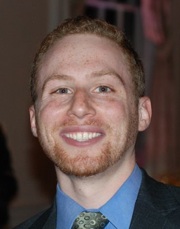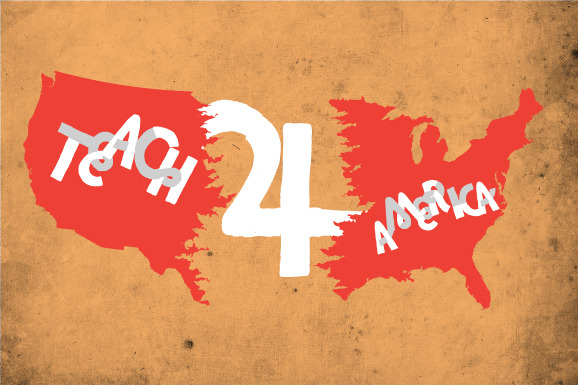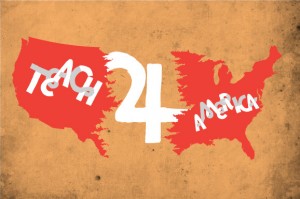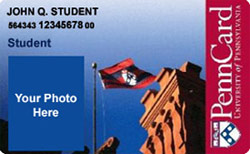Alan Carniol (C ’05)
It was probably around this time in my senior year that I started to panic. As a psychology major, I didn’t know what my career options were or how my education could help me get a job. Worse, when I shared my major at career fairs, I often received, “When we need a therapist, we’ll call you,” or the quickly overplayed, “So you can read minds. What am I thinking right now?”
The good news is that there are a ton of jobs that benefit directly from psychological know-how and the skills learned in a psychology major. I’ll discuss some here.
Marketing: Understanding what different people want and connecting products to these wants. The work is rarely developing advertising slogans. More often it’s about data. Qualitative data includes running focus groups or following people in daily life and recording actions. Quantitative data includes collecting surveys, tracking purchases, or measuring online activities.
With this data, products are designed, prices are set, sales channels are selected, and branding is chosen. Straight out of college, you can land a job in market research. From there, you can enter marketing strategy and design marketing campaigns.
Talent Management: How to make an organization stronger by making people happier, better incentivized and more productive. This field includes: hiring, training, executive coaching, structuring compensation (e.g. to make employees collaborative or competitive), building cultures (e.g. connecting cultures of two recently merged companies), and teaching managers to be more effective.
Entry-level jobs include recruiter, human resources analyst or human capital consultant (like at Deloitte or Philly local Gap International). Some jobs require more education. Columbia has a Master’s in Organizational Psychology, and there are other Master’s and PhD programs in Organizational Behavior.
Product Development and Design: Creating products to fill human needs. Building a new product requires design, engineering and understanding of human behavior. The number of opportunities is limited for non-technical experts, but design firms such as IDEO hire people into positions with titles like Human Factors Specialist.
Consulting and Finance: Using data and analysis to determine the value of resources and to make recommendations about these resources. At this point, on-campus recruiting may have finished, but know that the analytical skill set you’ve developed through psychological research can be strong preparation for jobs in these fields.
Entrepreneurism: Building something out of nothing. The web and new web technology, some tailored to non-techies, have made starting a company pretty low cost. As an entrepreneur, you may be called upon to do any or all the other jobs I’ve described.
Education: Education is an industry hungry for innovation and talent. Yes, Teach for America, NYC Teaching Fellows, and individual charter schools would love you in the classroom. In addition, national charter school management organizations like Achievement First or KIPP need help identifying methods to improve education and launching new schools.
Counseling and Therapy: You are probably familiar with some, but not all, of these opportunities. These include social work, family counseling, and clinical psychology. There is a growing field known as life coaching where you enable psychologically healthy individuals to achieve their life goals. Some opportunities exist straight out of school, though often you need additional training.
Wrapping Up
If any of these opportunities intrigue you, reach out to career services and ask for companies who have recruited Penn students in the past. Also, contact Penn alums in these fields and ask for a 20-minute phone call to learn about their experiences.
At the end of each call, don’t ask for a job. Instead, ask for the names of two or three more people to speak with in this industry. Eventually, from these conversations, you will be invited for interviews.
To your success,
Alan
 Alan Carniol C’05 is the founder of two companies Career Cadence and Interview Success LLC. There, he uses his psychology major training to design new products, develop marketing strategies, and analyze data qualitatively and statistically. Prior to becoming an entrepreneur, Alan received an MBA from Yale School of Management and worked as a municipal financial consultant for Public Financial Management Inc.
Alan Carniol C’05 is the founder of two companies Career Cadence and Interview Success LLC. There, he uses his psychology major training to design new products, develop marketing strategies, and analyze data qualitatively and statistically. Prior to becoming an entrepreneur, Alan received an MBA from Yale School of Management and worked as a municipal financial consultant for Public Financial Management Inc.









